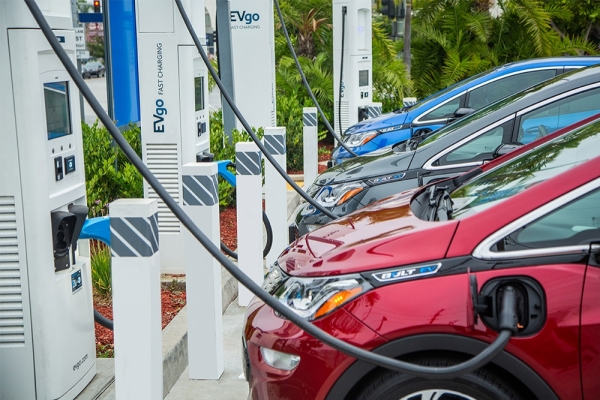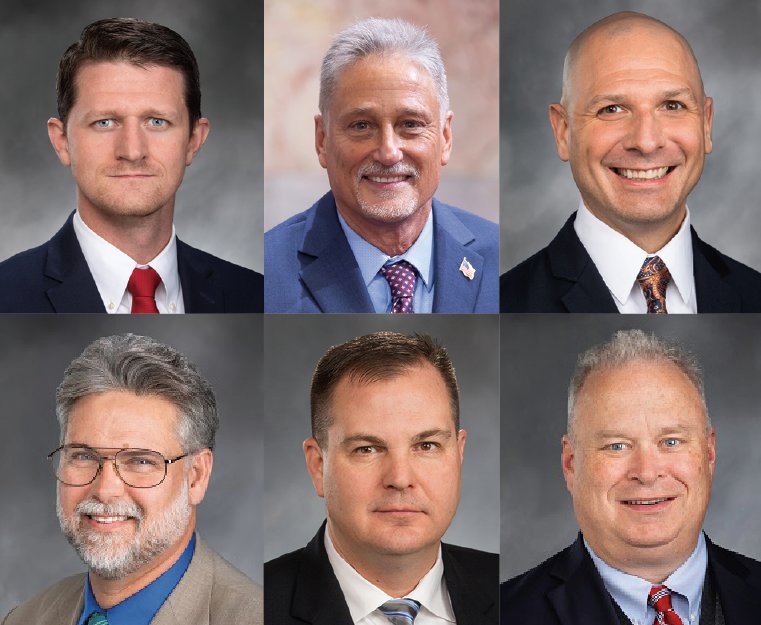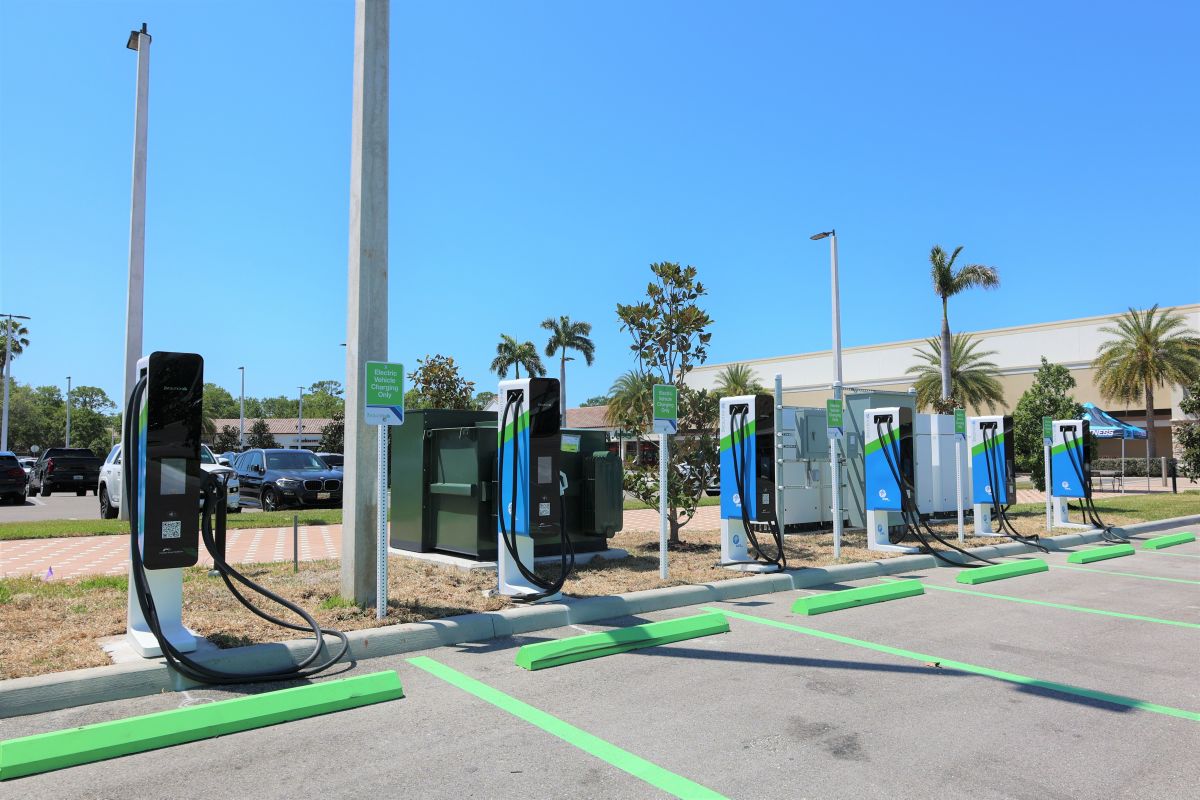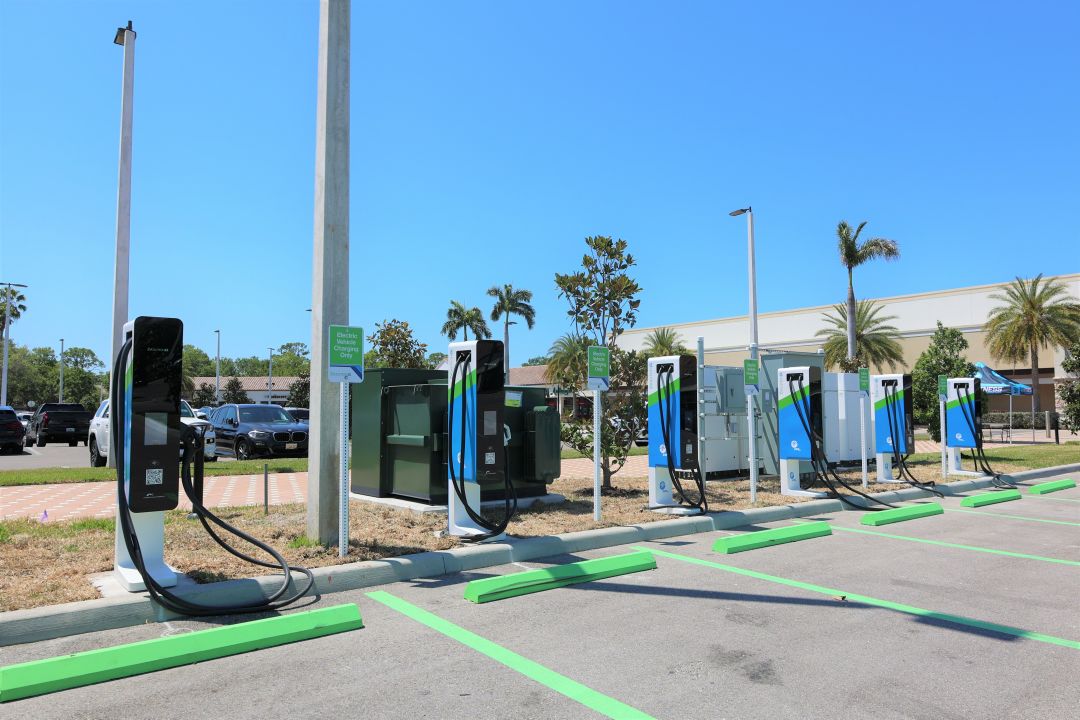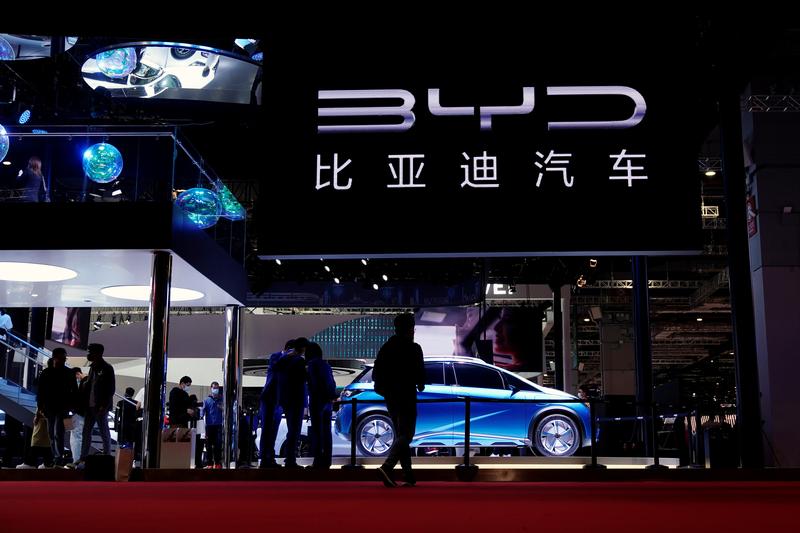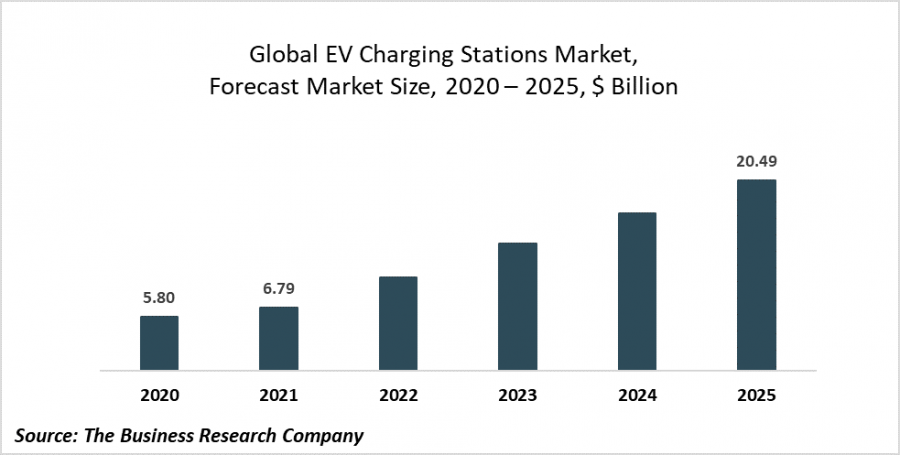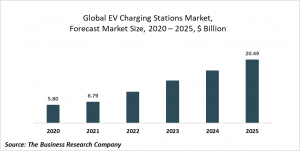JACKSON — Consumers Energy plans to help ramp up the number of fast-charging electric vehicle stations across the Lower Peninsula in the coming years to ensure EV drivers can travel longer distances while maintaining access to charging equipment.
Through its PowerMIDrive pilot program that awards rebates for different levels of charging stations, the Jackson-based utility announced this week that it plans to help 200 fast-charging stations come online across the Lower Peninsula by 2024. Consumers has issued rebates for fast-charging stations at 24 locations so far.
Industry experts view Level 3 or fast-charging stations as key infrastructure to support the electric vehicle transition, allowing EV drivers access to quick charging across farther distances that’s meant to mimic a gas station experience for traditional internal combustion vehicle drivers.
“Our country’s auto industry was born right here in Michigan. Consumers Energy is excited to charge the next generation of transportation in our home state and help Michigan lead the nation into a clean automotive future,” Lauren Youngdahl Snyder, Consumers Energy’s vice president of customer experience, said in a statement. “Fast charging means EV owners can power their vehicles wherever they travel across Michigan, and their options are growing by the day.”
The company’s pilot program, which was approved by state regulators less than two years ago, also plans to support 2,000 Level 1 and Level 2 charging stations at homes and businesses by 2024. To date, PowerMIDrive has issued more than 600 charging station rebates for residential, business and public locations.
Since last summer, Consumers rebates have supported 20 additional fast-charging stations while another dozen are planned to be operational in the next six months.
Detroit-based DTE Energy has a similar electric vehicle pilot program that offers rebates for charging stations.
DTE and Consumers are participating in a 10-member coalition of utilities and other energy providers aiming for a connected electric vehicle charging network by the end of next year. The network is expected to cover roughly 1,300 miles from northern Michigan to Colorado.
“We know electric vehicles still make up a small number of cars on the road, but that’s changing quickly,” Youngdahl Snyder said. “EV sales are growing by over 20 percent each year as more people commit to a clean, affordable automotive future, and Consumers Energy is building the infrastructure to make sure more electric vehicles can hit the road.”
